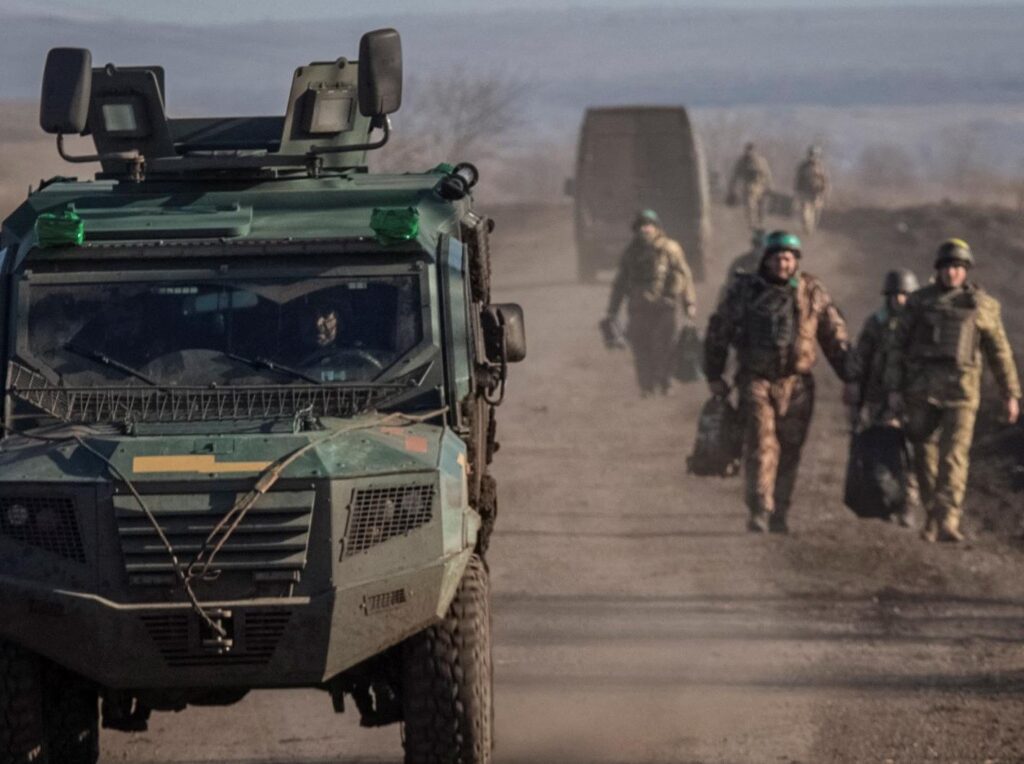In recent years, the world has experienced significant shifts in global dynamics that have greatly influenced military budgets and policies worldwide. The rise of non-state actors, such as terrorist groups, and the emergence of new military technologies have forced nations to reassess their defense strategies and allocate resources accordingly. Additionally, shifting alliances and partnerships have led countries to adapt their military policies to address evolving geopolitical landscapes. Despite these challenges, many nations are facing resource constraints and budget pressures that limit their ability to increase defense spending. As the global landscape continues to evolve, nations will need to continually reassess their strategies to address emerging threats and challenges effectively.
The Impact of Changing Global Dynamics on Military Budgets and Policy
Introduction
In recent years, the world has seen significant shifts in global dynamics that have had a profound impact on military budgets and policies around the globe. From the rise of non-state actors to the emergence of new military technologies, these changes have forced nations to reevaluate their defense strategies and allocate resources accordingly. This article will explore the ways in which changing global dynamics have influenced military budgets and policies in various countries.
Rise of Non-State Actors
One of the most significant changes in global dynamics has been the rise of non-state actors such as terrorist organizations and insurgent groups. These groups have demonstrated the ability to challenge traditional military forces and disrupt global security. In response, nations have had to allocate resources to counter these threats, leading to increased military spending in many countries.
Emergence of New Military Technologies
Advances in military technology have also had a profound impact on global security dynamics. From cyber warfare to unmanned aerial vehicles, these new technologies have changed the way wars are fought and won. As a result, nations have had to invest in developing and acquiring these technologies to maintain their military superiority, leading to increased military budgets.
Shifting Alliances and Partnerships
The geopolitical landscape is constantly evolving, with alliances and partnerships constantly changing. This has forced nations to reevaluate their military policies and budgets to adapt to these shifting alliances. For example, the United States has recently shifted its focus towards Asia-Pacific region, leading to changes in its military budget and policy to counter the growing influence of China in the region.
Resource Constraints and Budget Pressures
Despite the need to respond to these changing global dynamics, many countries are facing budget pressures and resource constraints that limit their ability to allocate more funds to their defense budgets. As a result, nations have had to make tough decisions about where to allocate limited resources, leading to difficult choices about which military capabilities to prioritize.
Conclusion
In conclusion, changing global dynamics have had a significant impact on military budgets and policies around the world. From the rise of non-state actors to the emergence of new military technologies, nations have had to adapt to these changes to maintain their security and strategic interests. As the global landscape continues to evolve, it is likely that nations will continue to reassess their defense strategies and allocate resources accordingly to address emerging threats and challenges.
